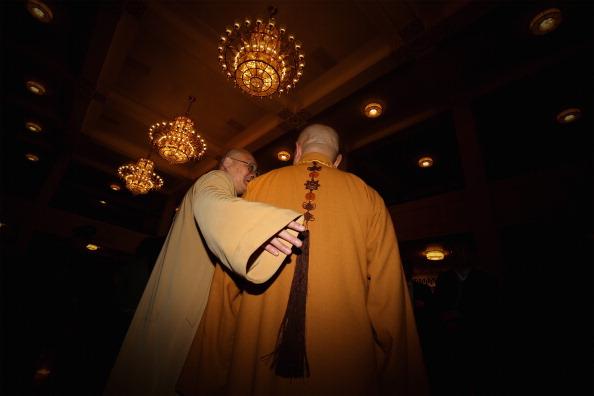BEIJING—One of China’s highest-ranking Buddhist monks quit as the president of the Beijing-sanctioned Buddhist Association of China on Aug. 15 after a government investigation was recently launched into accusations of sexual misconduct.
Xue Cheng, 51, is an abbot of Beijing’s Longquan Monastery and heads the Buddhist Association, through which the Chinese regime monitors the activities of Buddhist practitioners in the communist country. He is also a member of the Standing Committee of the Chinese People’s Political Consultative Conference, a political advisory body of the Chinese Communist Party (CCP).





